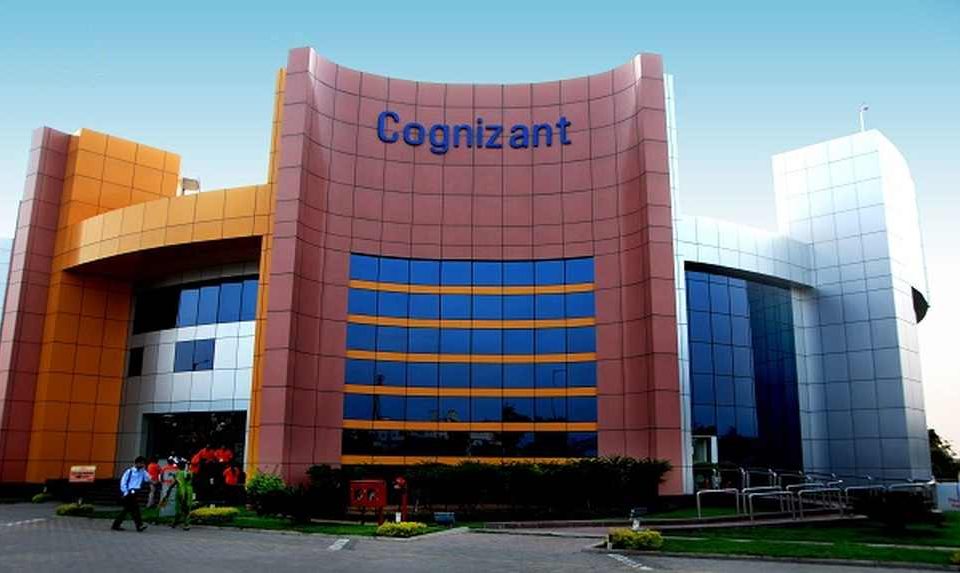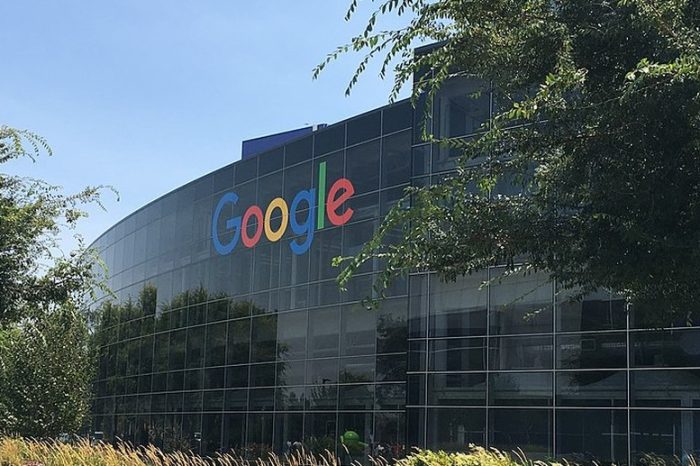Cognizant found guilty of discriminating against non-Indian tech workers

In what might be viewed as reverse discrimination, Cognizant, a New Jersey-based outsourcing firm that provides thousands of workers to Silicon Valley’s tech industry and other Bay Area companies, was found guilty of discriminating against non-Indian workers.
According to a report from SiliconValley.com, a U.S. jury ruled that the company intentionally favored Indian employees, sparking accusations of reverse discrimination.
The verdict came in response to a class-action lawsuit that accused Cognizant of misusing the H-1B visa program, which is designed to bring skilled workers into the U.S. The lawsuit claimed that Cognizant regularly sidelined non-Indian workers, taking them off projects and eventually terminating them under company policy. The plaintiffs argued that the company preferred to hire workers from India, including those already secured with H-1B visas.
The case was brought by three U.S.-born workers—Vartan Piroumian from California, Christy Palmer from Arizona, and Edward Cox from Texas—as well as Jean-Claude Franchitti, a green card holder from France. The trio described themselves in the lawsuit as “Caucasian.”
The lawsuit alleged that Cognizant had a “pattern and practice” of replacing non-Indian employees with Indian workers. Christy Palmer, a former employee, testified that she was repeatedly removed from her position and replaced by workers from South Asia, often from India, who had already been granted visas by Cognizant.
“Three U.S.-born workers described in the lawsuit as “Caucasian” — Vartan Piroumian of California, Christy Palmer of Arizona and Edward Cox of Texas — sued Cognizant in U.S. District Court in Los Angeles in 2017. Another plaintiff described as Caucasian, Jean-Claude Franchitti, a green card holder from France, joined as a plaintiff later. The lawsuit claimed Cognizant ousted many non-Indian workers by first taking them off projects and “benching” them without work, then keeping them benched until firing them in accordance with a company policy,” SiliconValley.com reported.
The lawsuit represented around 2,000 former employees and went to trial, where the jury found Cognizant guilty of discriminatory practices. The jury also recommended that punitive damages be imposed on the company.
Cognizant, which heavily relies on H-1B visa holders for much of its workforce, said on Monday it was “disappointed with the verdict” and plans to appeal.
“We provide equal employment opportunities for all employees and have built a diverse and inclusive workplace that promotes a culture of belonging in which all employees feel valued, are engaged and have the opportunity to develop and succeed,” the company said. “Cognizant does not tolerate discrimination and takes such claims seriously.”
Federal data shows Cognizant secures hundreds of H-1B visas annually for Indian workers to fill roles at major Bay Area companies like Google, Meta, Apple, PG&E, Kaiser Permanente, and Walmart. According to Ron Hira, a professor at Howard University and expert witness in the trial, Cognizant often files visa applications for jobs that don’t actually exist, which pushes out other companies seeking workers for legitimate roles.
This isn’t the first legal issue for Cognizant. We covered Cognizant in 2021 after the company paid $95 million to settle a lawsuit from investors who accused it of concealing bribes paid to Indian officials to secure facility permits.
Cognizant was originally founded in Chennai, India and now operates out of New Jersey. A large portion of its U.S. workforce is on visas, despite the availability of qualified American workers, according to Hira.




